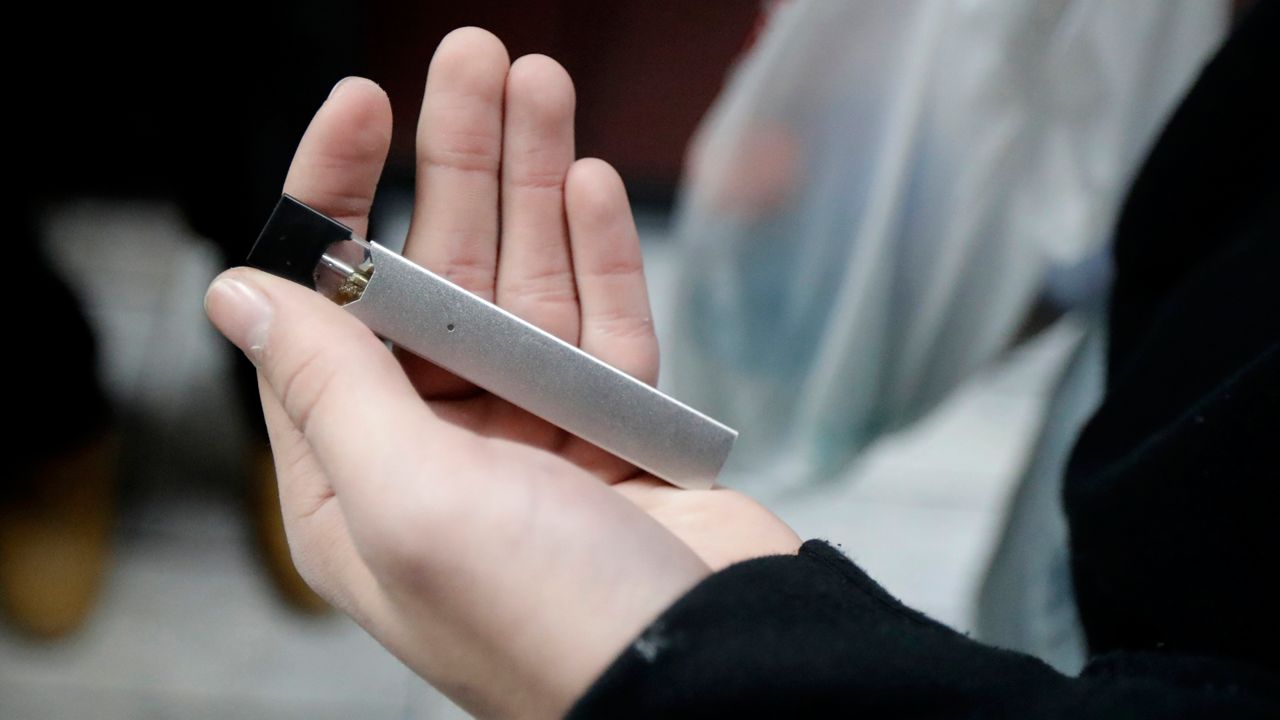The Addiction Center of Broome County has been serving the community for the past 40 years.
But for the first time in four decades, the center is being forced to do things much differently.
"We're really concerned about our clients being socially isolated, losing some of their support and their structure but we also want to make sure people know and are able to reach out if they do want services," said Carmella Pirich, Addiction Center of Broome County executive director.
While the center is still doing some in-person visits, most assessments and treatments are being done over the phone or through telepractice.
A virtual group therapy program has also been set up, and so far, it's been a huge success.
"In a time like this where there's that lack of social connections, I think people feel really good about being able to share their substance-use problems and they're also able to receive support from a group of their peers," said TJ Fotorny, the Addiction Center of Broome County cinical director.
Treatment centers are also seeing a number of new trends.
In Steuben County, a survey revealed 8th, 10th and 12th graders are using alcohol, heroin and e-cigarettes at a rate much higher than the national average.
State-wide, alcohol abuse is up 200 percent.
"Certainly if it becomes a maladaptive coping skill, there can be tremendous health consequences for that person. People can get very very sick from alcohol withdrawal," said Pirich.
But one of the biggest challenges at this point is reaching those who are suffering the most.
Some may feel like they dont have anywhere to turn.
That's why peer advocates are still safely going door-to-door to make sure they're serving anyone who needs it.
"If we haven't heard from someone, we'll check up on them. We're actually out in the community hitting the pavement, making sure out clients are taken care of if they need anything, so I would say the outreach with our peer services has really stepped up," said Jill Lloyd, clinical supervisor at Center for Addiction and Trauma Recovery.
Family services have also increased since the pandemic.
ACBC is serving an additional 12 new families this month alone
"Because we have families that are in close quarters now, and seeing the substance use and the impacts of that maybe more so when people were out in the community," said Lloyd.
Anyone in need of services is invited to call ACBC at (607) 723-7308.
You can also request a narcan kit from Jill Lloyd at (607) 205-1396 ext. 101



